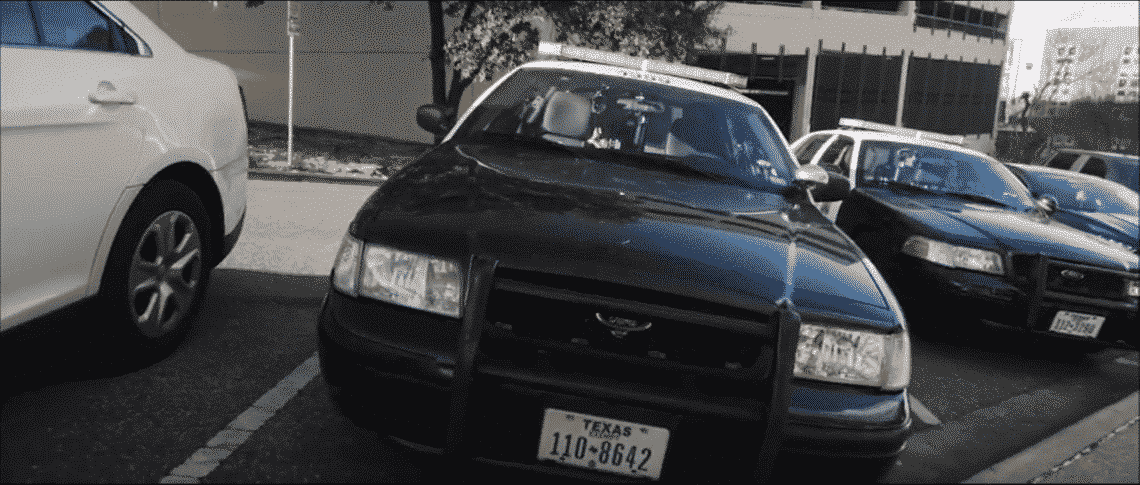
Police administer sobriety tests to people they suspect are driving under the influence. However, there are legal requirements that need to be met in order for a sobriety test to pass legal muster. Likewise, it’s not always required for drivers to take the tests. Many times, police use their implied authority to influence people into compliance. It’s easy to understand how that happens. Most people grow up their whole lives thinking they have to obey every order from police. That, however, is not the case. It’s important that every driver understand their rights in police encounters. Here’s a breakdown of what you can and can’t do when a police officer asks you to submit to a sobriety test.
What are Sobriety Tests?
When police officers suspect that someone is driving drunk or under the influence of some other substance, they often ask the driver to take a sobriety test. The tests are a set of standardized exercises to determine if someone is of a clear mind when driving. Most sobriety tests involve simple tasks like standing on one leg, walking a straight line, following a pen with the eyes, and other physical tasks. Some officers may ask drivers to recite some sort of verbal test like the alphabet. These are all done to assess the state of mind a driver is in.
Right to Refuse a Test
When a police officer pulls someone over, they know that the driver is likely a bit anxious and nervous. Police officers often know how to leverage an individual’s deference to authority to get them to comply. Nevertheless, police officers are not allowed to force someone to take a sobriety field test. Drivers can refuse. Be aware, though, that the police officer will likely make multiple attempts to get a driver to comply with their request. They’ll also be observing the vehicle and the driver for any other evidence of driving under the influence.
Chemical Test
Typically, police officers ask drivers to consent to a chemical test after a few field sobriety tests. Chemical tests are usually breathalyzers. Drivers breathe into a device that can measure their blood alcohol content. Drivers can refuse chemical tests as well, but refusal will likely result in spending some time in a holding cell at a police station. Additionally, the police can attempt to get approval for a blood test from a medical professional that can measure blood alcohol content.
It’s imperative drivers contact an attorney as soon as possible if police pull them over. Stephen Bowling and Associates has a team of expert attorneys who can coach drivers through their rights in sobriety tests. Contact our team to hear how we can help.
